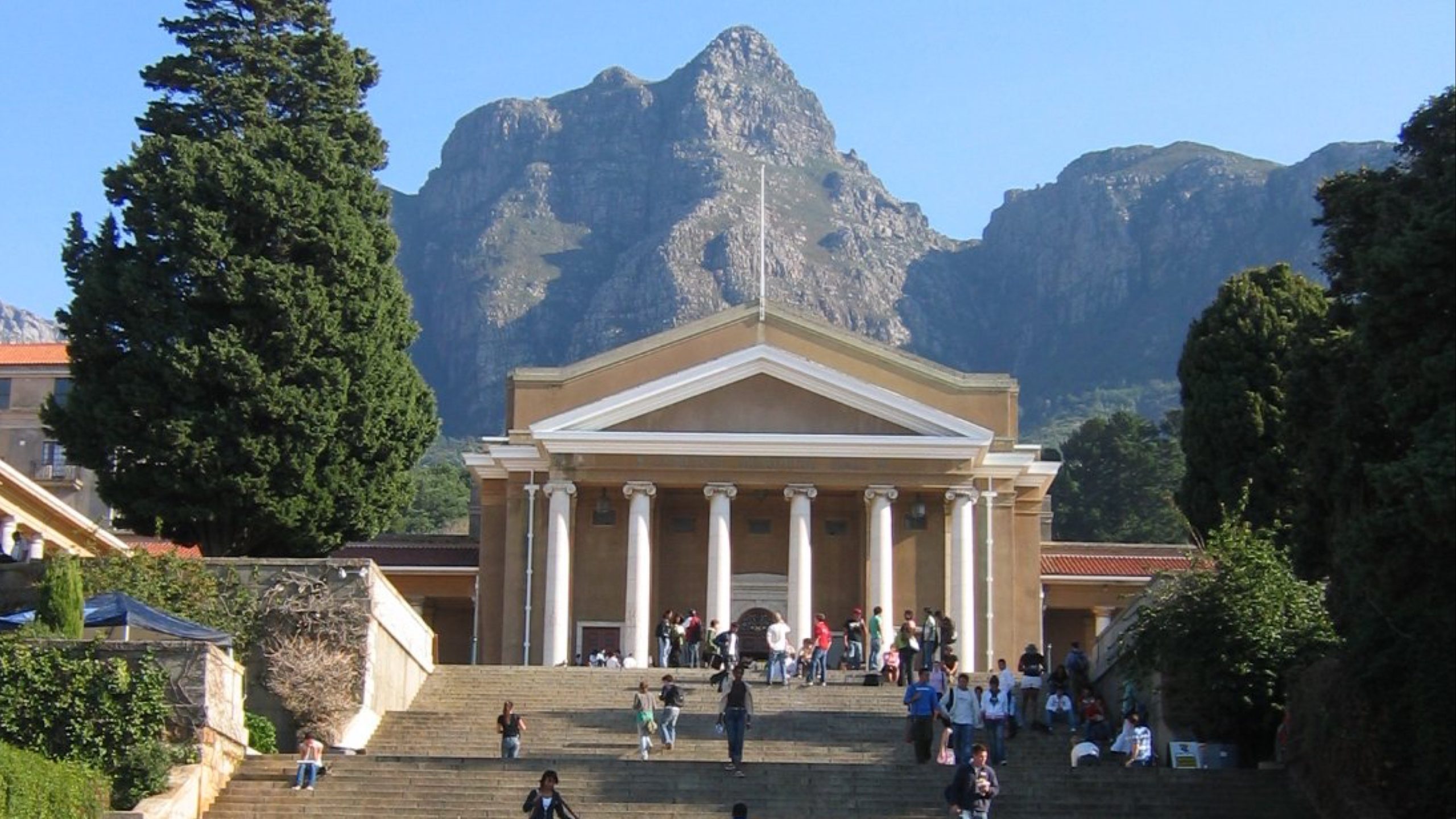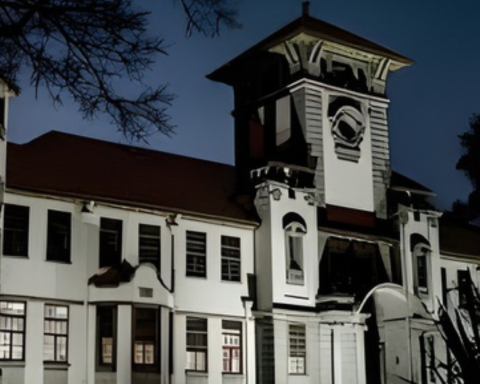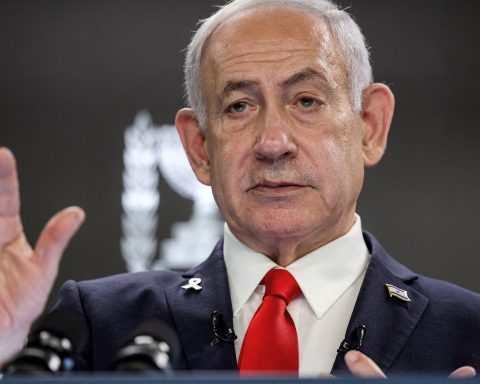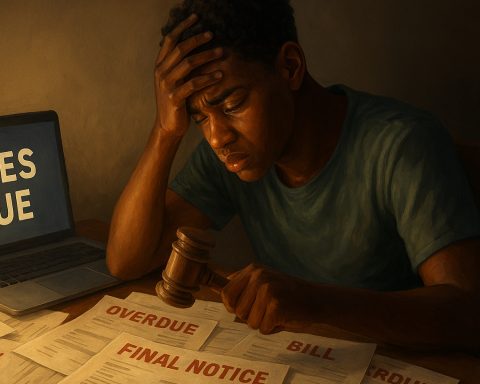The UCT Gaza resolutions have ignited a heated legal fight at the University of Cape Town. Two resolutions on the Gaza conflict, which the council adopted in June 2024, now face a court challenge from Professor Adam Mendelsohn.
Mendelsohn, director of the Kaplan Centre for Jewish Studies, leads a group of academics and donors. They accuse the university council of acting against UCT’s best interests. They argue that UCT’s Gaza resolutions harmed the university’s integrity, finances, and reputation.
What the Resolutions Say
The first resolution rejects the International Holocaust Remembrance Alliance (IHRA) definition of antisemitism, arguing it wrongly equates criticism of Israel with antisemitism. Meanwhile, the second resolution forbids UCT staff from collaborating with research groups linked to the Israel Defence Forces.
Supporters believe these steps show moral leadership and defend human rights in Gaza. However, critics argue the measures go too far, dividing the campus and threatening academic freedom. As a result, the UCT Gaza resolutions continue to stir controversy within South Africa’s higher education sector.
Grounds of the Challenge
Mendelsohn’s legal team claims the council ignored due process and skipped a proper risk assessment. Moreover, they insist that key stakeholders were excluded and that leadership brushed aside warnings about financial and reputational harm. Consequently, the application questions whether the resolutions fall within the university’s legal powers or cross into irrational decision-making.
Donor and Reputational Fallout
The fallout has already cost UCT dearly. After the resolutions took effect, a R200 million donation vanished, and the Dell Foundation stopped funding 288 students. Furthermore, several partnerships and contracts worth hundreds of millions remain at risk, deepening the university’s financial strain.
Where the Case Stands
A full bench of the Western Cape High Court is now hearing the matter. Judges are examining whether mediation could have resolved the dispute and whether the council acted lawfully. Meanwhile, UCT argues that the resolutions followed open debate and reflect a commitment to ethics over financial pressure.
Ultimately, Mendelsohn wants the court to declare the university’s Gaza resolutions unlawful and unconstitutional. The outcome could set a major precedent for how South African universities balance moral conviction, academic freedom, and financial survival.






